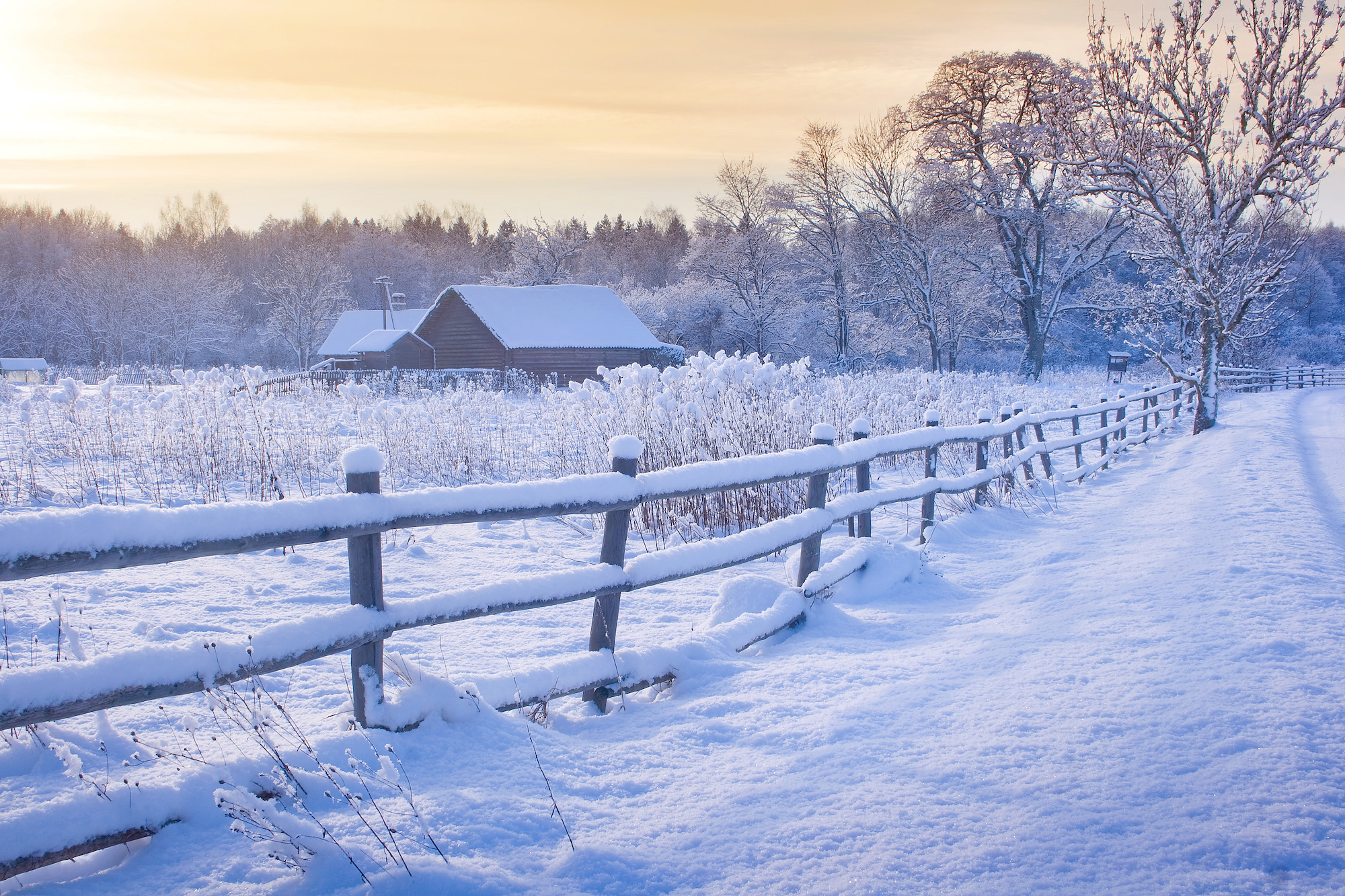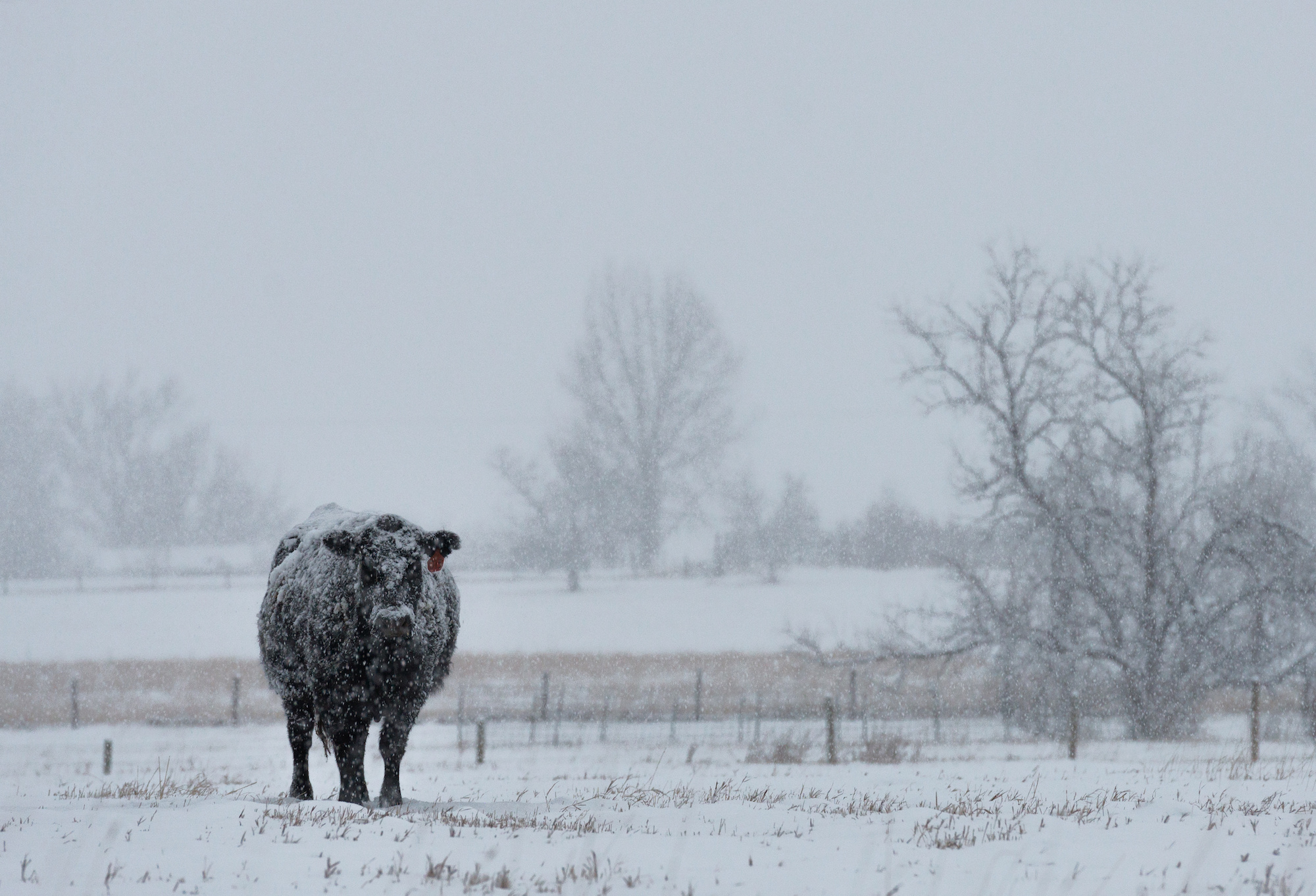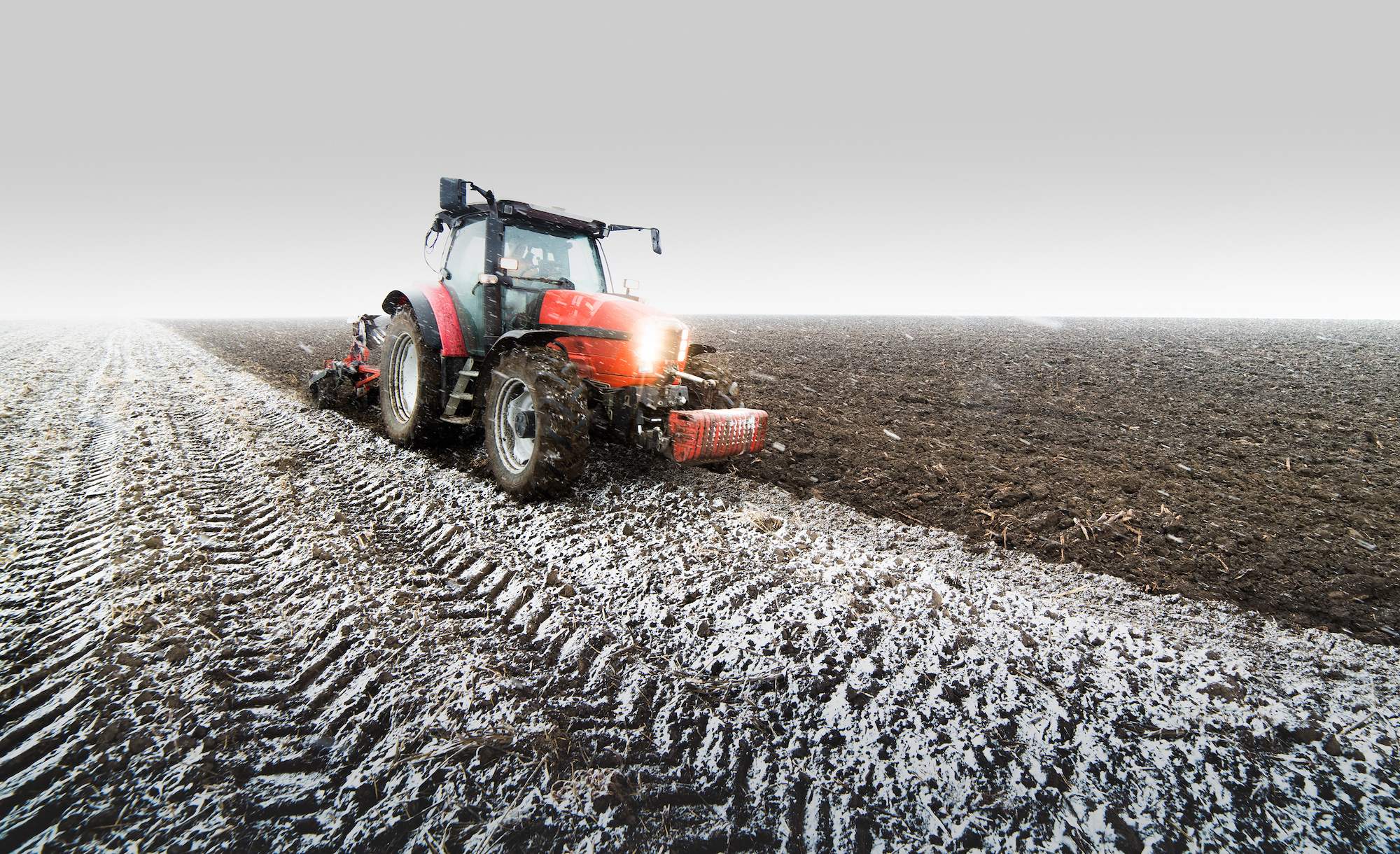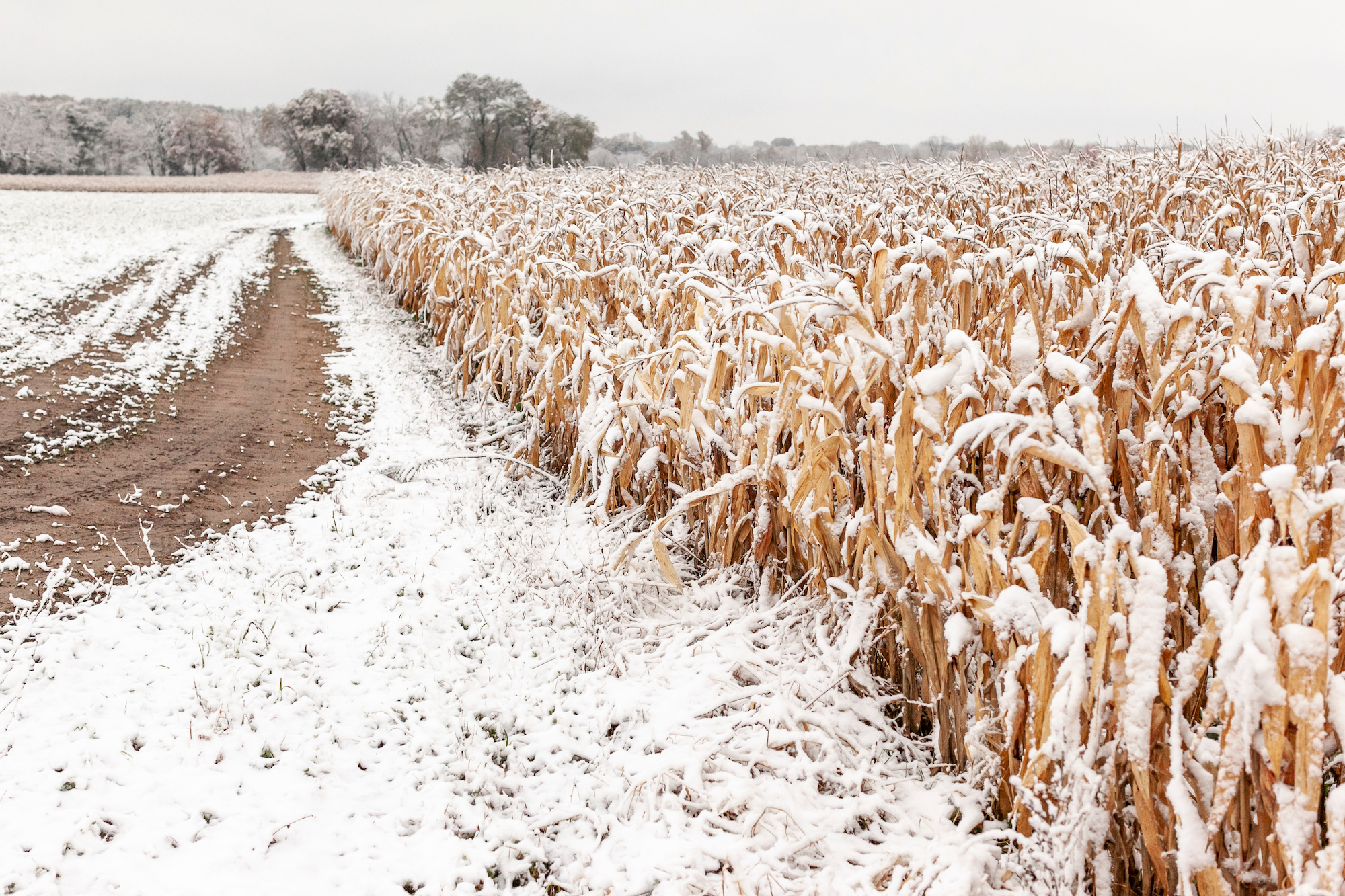
Sign in
Sign in to save favorite properties and equipment, save your search parameters and more
Don’t have an account yet? Sign Up Now
Sign up
Already have an account? Login Now


Sign in
Sign in to save favorite properties and equipment, save your search parameters and more
Don’t have an account yet? Sign Up Now
Sign up
Already have an account? Login Now
When Dan Brunk started as the Director of Marketing for Hayden Outdoors back in 2010, the marketing department was a one-man show. These days, the team is now 15 people large, focusing on a variety of real estate marketing strategies on behalf of Hayden Outdoors’ clients. One of the categories they market properties through is trade shows and special events. Dan and his team spend a good part of the year at different regional and national trade shows, talking to all sorts of people about all types of land ownership. One subject that comes up this time of year – essential winter prep for landowners.
“I like to attend a dozen or trade shows a year to stay in touch with landowners to see what they’re seeing and what’s important to them when it comes to marketing their properties. When it comes to various channels of marketing, it can be easy to get stuck in the office, but I grew up in the outdoors and out on the land; I’m a hunter and a fisherman. I like to get back onto the farms and ranches to stay in touch with my roots.” Dan recently offered some insight and wisdom regarding winter prep for landowners, including attending trade shows. While winter might render much of your property dormant for weeks or months, Dan outlines why it’s a great time to put in some work preparing for summer and checking common landowner boxes.
According to Dan, “Winter planning is important for land owners in most of the country. Shorter days give you time to get your homework done.” To Dan’s point, many folks across the country are probably not actively working their land during the winter. The obvious exception here is cattle ranchers, as Dan is quick to point out, “Their work a never-ending job, and they don’t get enough credit for the amount of work they put in.” But even cattle ranchers need to spend some time focusing on the future. So, what are some of the landowner homework assignments Dan recommends tackling in the long evenings of winter? Here are a few to add to your to-do list:

Dan’s number one piece of advice when it comes to your best strategy for land management in the winter? “Bring in someone who specializes in the category.” The team at Hayden Outdoors leads the industry in recreational real estate agents who specialize in large land real estate sales, but their expertise is not purely transactional.
“At Hayden Outdoors, our agents are available to walk landowners through issues that are specific to both their property type and their state and region.” Cattle ranchers might want to reach out to a cattle ranching property specialist, such as Jim Digby, to learn more about how they can manage their herd better. Farmers could contact John Herrity or Gene Bock about USDA planning and any new regulations. John Tate is happy to provide his two cents when it comes to food plots in the Southeast and Shad Sheldon can talk Midwest mineral mixture for maximizing wildlife health on your hunting property. Chase Higgs is a fishery biologist on staff at Hayden Outdoors. He’s an excellent resource for those looking to optimize fishery management and work with biologists during the winter to maximize your fishing property during the summer.
In addition to the common things cited above, you may need to add to your to-do list:
When it comes to doing the most with your winter months, it can be easy to bite off more than you can chew. Dan cautions against this, instead focussing on realistic, attainable, affordable goals. Avoid the following when performing essential winter prep for landowners:
Calendars are a large landowners best friend. Dan examines the different cycles by land type and area.

Water is an elemental part of all land management. How you get water, where you store it, and whether or not you can modify your property to capture more of it are all very specific to state and region. Make sure to check with local planning authorities and commissions before making any changes to your property that directly affect water sources. With that in mind, here are some guidelines to follow when it comes to managing the water on your property:
Again, budget considerations will vary by property type, property size, and state. Generally, make sure to include the following line items in your landowner budget:
Perhaps the biggest regional consideration when it comes to winter property management is water, including how much of it you have access to, how much of it you might need to capture, water use rights and fees, and keeping water accessible to wintering wildlife. Additionally, you might want to consider the following when it comes to regional-specific winter tasks:

Winter is a great time to make sure all of your recreational, farming, ranching, and hunting property is properly maintained, oiled, and ready to go come spring. Here are some things to consider when it comes to preparing your equipment for the summer:
Dan encourages landowners to visit local, regional, and even national trade shows and events to learn more about industry trends. Hayden Outdoors provides a running list of upcoming farming, ranching, and recreational trade shows, updated four months in advance. Here are a few Dan recommends considering if you’re in the area:
Turning to your local agencies and chapters – and even attending a banquet or two! – can substantially add to your knowledge of large land ownership and management. Dan points out that regional trade shows will promote relevant local groups and non-profit organizations while local chapters host banquets to promote funding habitat management. Make sure to know when these events pop up in your area or region. Here are a few key resources to keep in mind:

“We’ve seen a lot of people become first-time rural landowners in recent years,” concludes Dan. “Whether you’re a new landowner, or your property has been in your family for generations and you simply want to improve it for sale, I recommend working with one of our Hayden Outdoors agents. Most of them own land – farms, cattle ranches, hunting properties – and they can offer a lot of support on how to be a successful rural land owner.”
Unlike most real estate agencies, the rural real estate professionals at Hayden Outdoors speak the language and walk the walk. They can discuss vaccines and help you find a local farrier. They know soil types, seasons, rotation grazing, and crop cycles. If you’re buying the kind of land that requires a tractor (and all of the tractor implements) rather than a lawn mower, they’re your guys and gals. As Dan puts it, when it comes to staying on top of owning and managing your land year-round, education is key!
Talk with a Hayden Outdoors real estate agent in your state today to learn more.